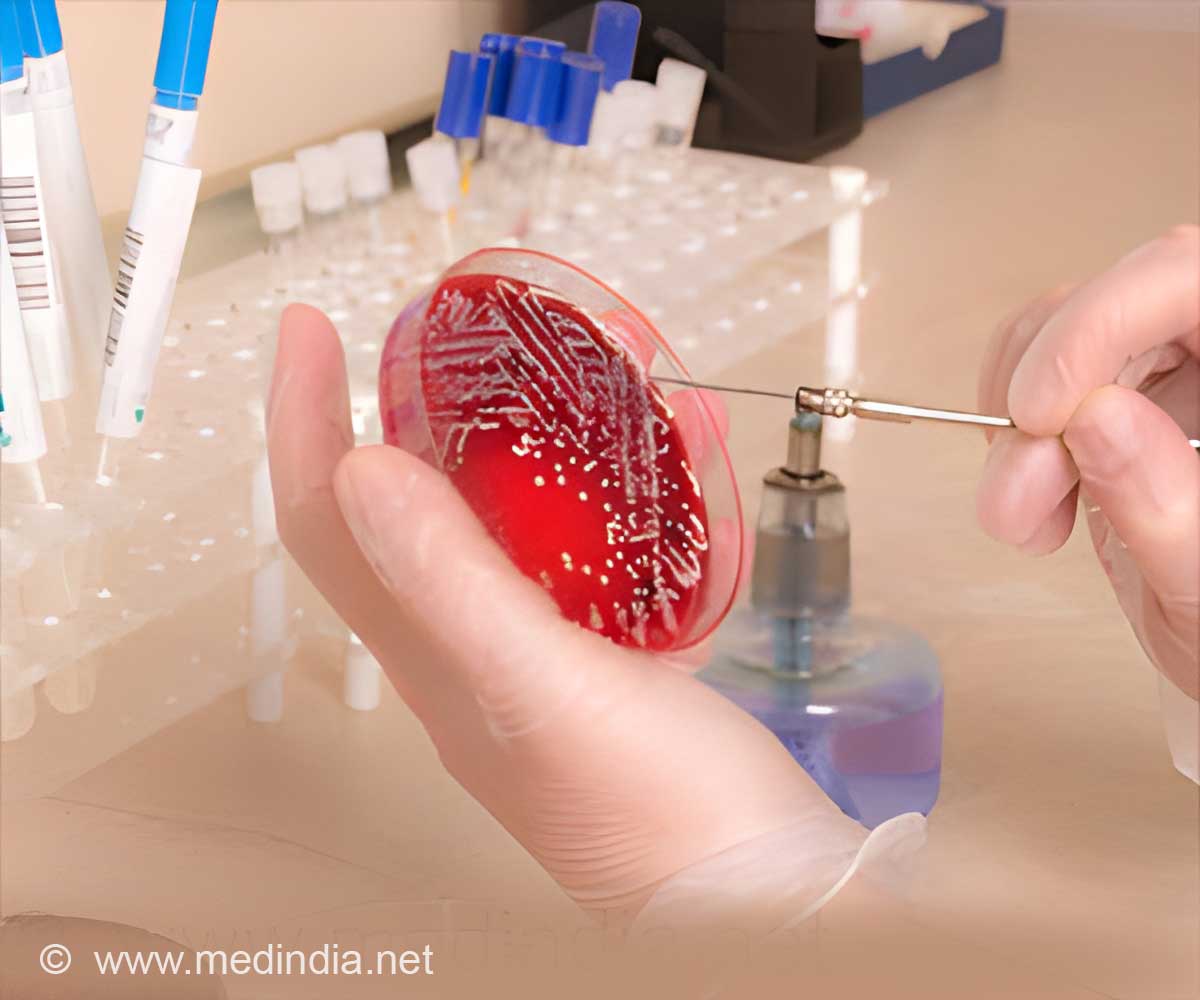Researchers demonstrated the importance of antibodies extracted from medieval human teeth, dating to the 13th – 15th centuries in studying infectious disease.

‘Antibodies from ancient teeth have the potential to provide insights into the association between immune factors and microbes in infectious disease.#AncientTooth #Palaeoproteomics’





Studying ancient immunity can provide insights and an evolutionary perspective into immune responses to pathogens and how these have changed over time, and potentially how organisms may respond to new pathogens in the future (1✔ ✔Trusted SourceA guide to ancient protein studies
Go to source).
To date, several analyses have noted the presence of ancient human antibody peptides from bone alone. The role of other calcified tissue like teeth has been left out. But recently, researchers showed that antibodies extracted from 800-year-old medieval human teeth were stable and still able to recognize viral proteins.
Generations-Old Antibodies from Ancient Teeth Could Help Study Infections
The study conducted at the Department of Medicine at University College London, expands the study of ancient proteins, referred to as palaeoproteomics, potentially allowing experts to analyze how human antibody responses developed through history.Palaeoproteomics can reach back into deep time with ancient proteins already successfully recovered and identified after preservation in 1.7-million-year-old dental enamel from an ancient rhinoceros and an ostrich eggshell more than 6.5 million years old.
They also found preliminary evidence that, like the medieval human teeth, mammoth bones nearly 40,000 years old appear to preserve stable antibodies.
This science has previously been applied by the Nottingham team to the analysis of other disease-associated proteins recovered from archaeological human bones and teeth to allow the identification of an unusual ancient form of the skeletal disorder Paget’s disease.
Advertisement
Ancient dental pulp: Masterpiece tissue for paleomicrobiology
Go to source).
Antibodies are different because we can test whether they can still do their job of recognizing viruses or bacteria even after hundreds of years. In this case, they found that antibodies from medieval teeth were able to recognize the Epstein-Barr virus, which causes glandular fever.
Advertisement
References:
- A guide to ancient protein studies - (https://www.nature.com/articles/s41559-018-0510-x)
- Ancient dental pulp: Masterpiece tissue for paleomicrobiology - (https://onlinelibrary.wiley.com/doi/10.1002/mgg3.1202)
Source-Eurekalert








